It’s like “The Magic School Bus.”
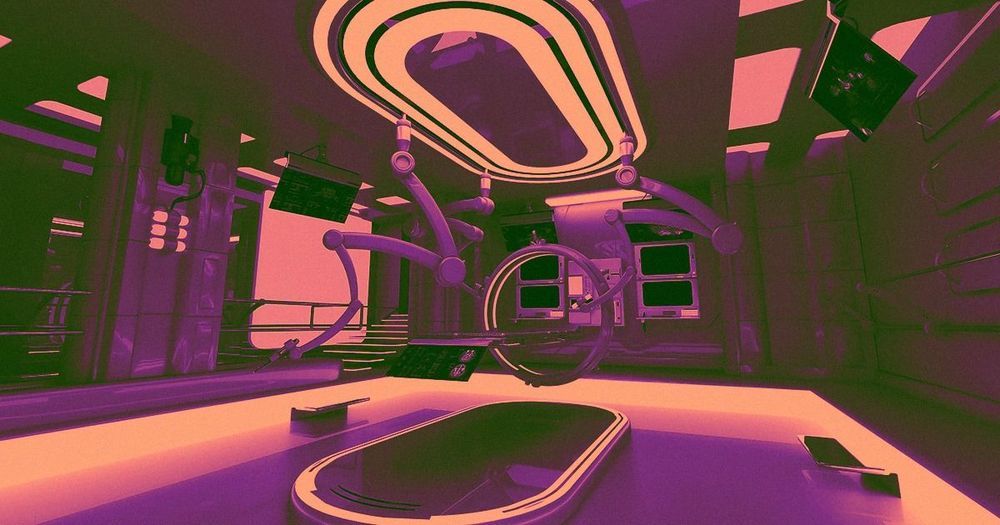

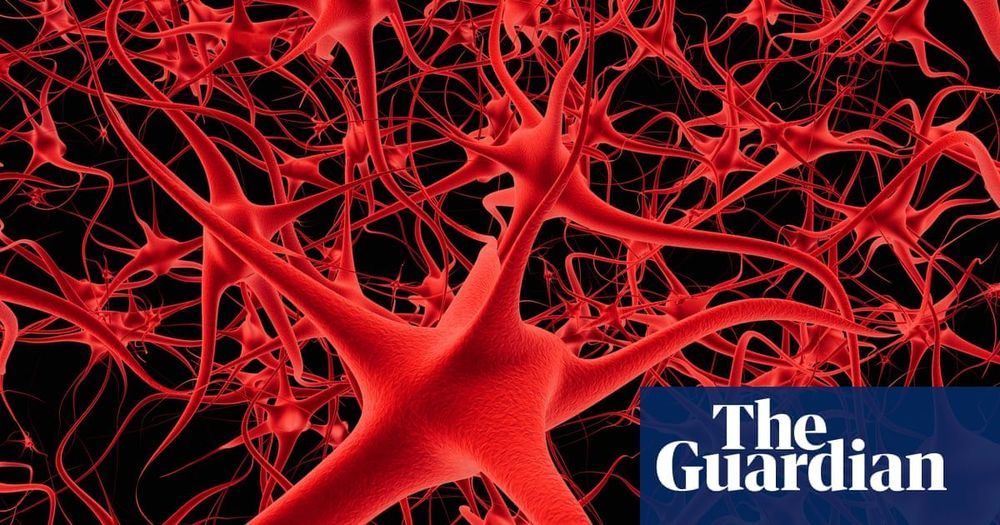
An experimental drug that bolsters ailing brain cells has raised hopes of a treatment for memory loss, poor decision making and other mental impairments that often strike in old age.
The drug could be taken as a daily pill by over-55s if clinical trials, which are expected to start within two years, show that the medicine is safe and effective at preventing memory lapses.
Tests in the lab showed that old animals had far better memory skills half an hour after receiving the drug. After two months on the treatment, brain cells which had shrunk in the animals had grown back, scientists found.
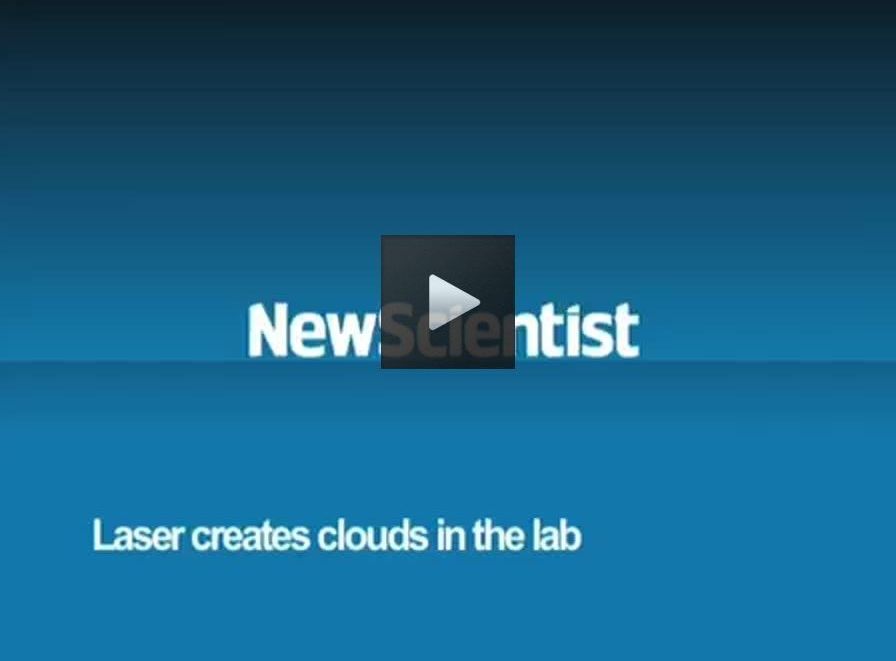
Circa 2010
A laser has been used to generate small clouds on demand in lab, and real-world experiments suggest this could be a way to call down rain when it’s needed.
People have experimented with cloud seeding for decades in the hope of boosting rainfall, usually by sprinkling silver iodide crystals into clouds high in the atmosphere.
These crystals encourage large water droplets to form around them, and the droplets then fall as rain – in theory, at least. “The efficiency of this technique is controversial,” says Jérôme Kasparian at the University of Geneva, Switzerland, one member of a research team that think lasers may be a better way to trigger rain on demand.
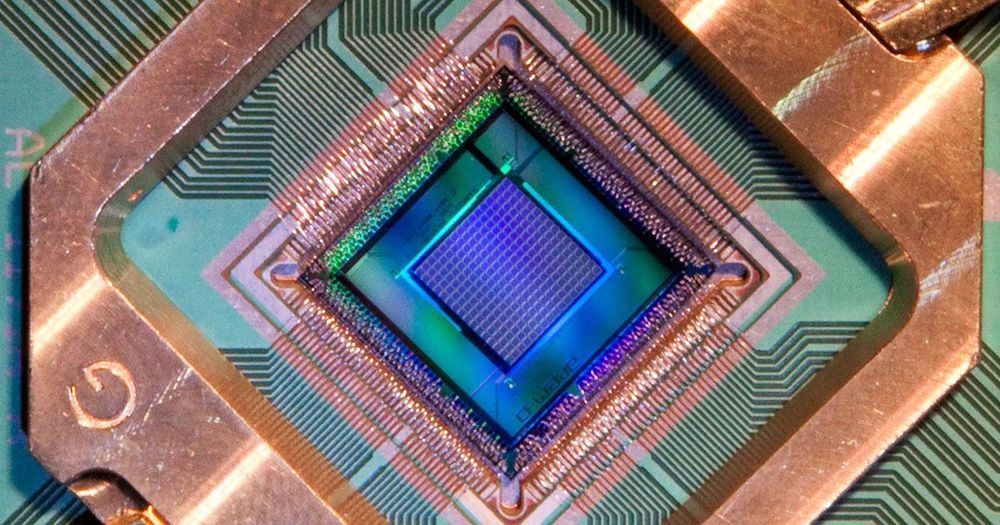
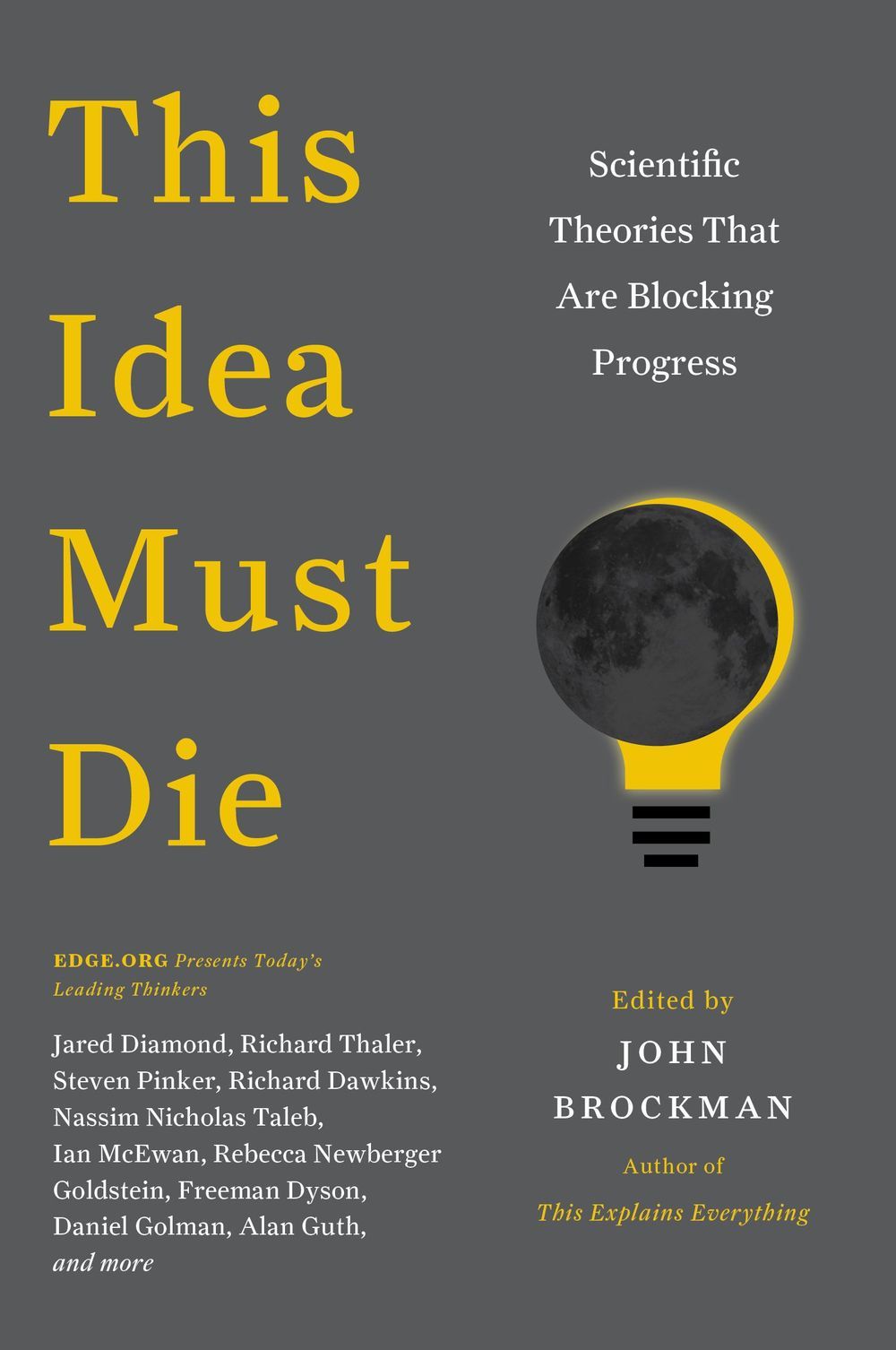
The transition from PCs to QCs will not merely continue the doubling of computing power, in accord with Moore’s Law. It will induce a paradigm shift, both in the power of computing (at least for certain problems) and in the conceptual frameworks we use to understand computation, intelligence, neuroscience, social interactions, and sensory perception.
Today’s PCs depend, of course, on quantum mechanics for their proper operation. But their computations do not exploit two computational resources unique to quantum theory: superposition and entanglement. To call them computational resources is already a major conceptual shift. Until recently, superposition and entanglement have been regarded primarily as mathematically well-defined by psychologically incomprehensible oddities of the quantum world—fodder for interminable and apparently unfruitful philosophical debate. But they turn out to be more than idle curiosities. They are bona fide computational resources that can solve certain problems that are intractable with classical computers. The best known example is Peter Shor’s quantum algorithm which can, in principle, break encryptions that are impenetrable to classical algorithms.
The issue is the “in principle” part. Quantum theory is well established and quantum computation, although a relatively young discipline, has an impressive array of algorithms that can in principle run circles around classical algorithms on several important problems. But what about in practice? Not yet, and not by a long shot. There are formidable materials-science problems that must be solved—such as instantiating quantum bits (qubits) and quantum gates, and avoiding an unwanted noise called decoherence—before the promise of quantum computation can be fulfilled by tangible quantum computers. Many experts bet the problems can’t adequately be solved. I think this bet is premature. We will have laptop QCs, and they will transform our world.

Circa 2018
Computer scientists have created an AI called Bayou that is able to write its own software code, reports Futurity. Though there have been attempts in the past at creating software that can write its own code, programmers generally needed to write as much or more code to tell the program what kind of applications they want it to code as they would write if they just coded the app itself. That’s all changed with Bayou.
The AI studies all the code posted on GitHub and uses that to write its own code. Using a process called neural sketch learning, the AI reads all the code and then associates an “intent” behind each. Now when a human asks Bayou to create an app, Bayou associates the intent its learned from codes on Github to the user’s request and begins writing the app it thinks the user wants.



Over the course of three weeks, the patients took nine doses of a leukemia drug called dasatinib and quercetin, a supplement. By the end of the trial, the patients were reportedly able to walk farther than they could previously in the same amount of time and other signs of improved well being — all without any serious side effects.
“Though small, this pilot study marks a major breakthrough in how we treat age-related diseases such as IPF,” researcher Jamie Justice said in a press release. “Here, we’ve therapeutically targeted a fundamental biological hallmark of aging that is implicated in IPF, and we show early but promising results for the first time in human patients.”
Be excited! Technology is rapidly advancing to eliminate age related sickness and death.
Imagine a world where aging will be reversed and people can remain young and in good health. Dr. Aubrey de Gray and others are working on therapies in making this a reality.
Aging is a disease and they are working on the cure.
If a 60 year old takes these damage repair therapies, they become biologically 30 years old again and in good health.
Old age and death are a thing of the past.
Let your thoughts and prayers be with Aubrey and the scientists working on longevity research. Know that they will be successful. Age reversal and damage repair therapies will be available for the public to use within 20 years. Technology is rapidly advancing.